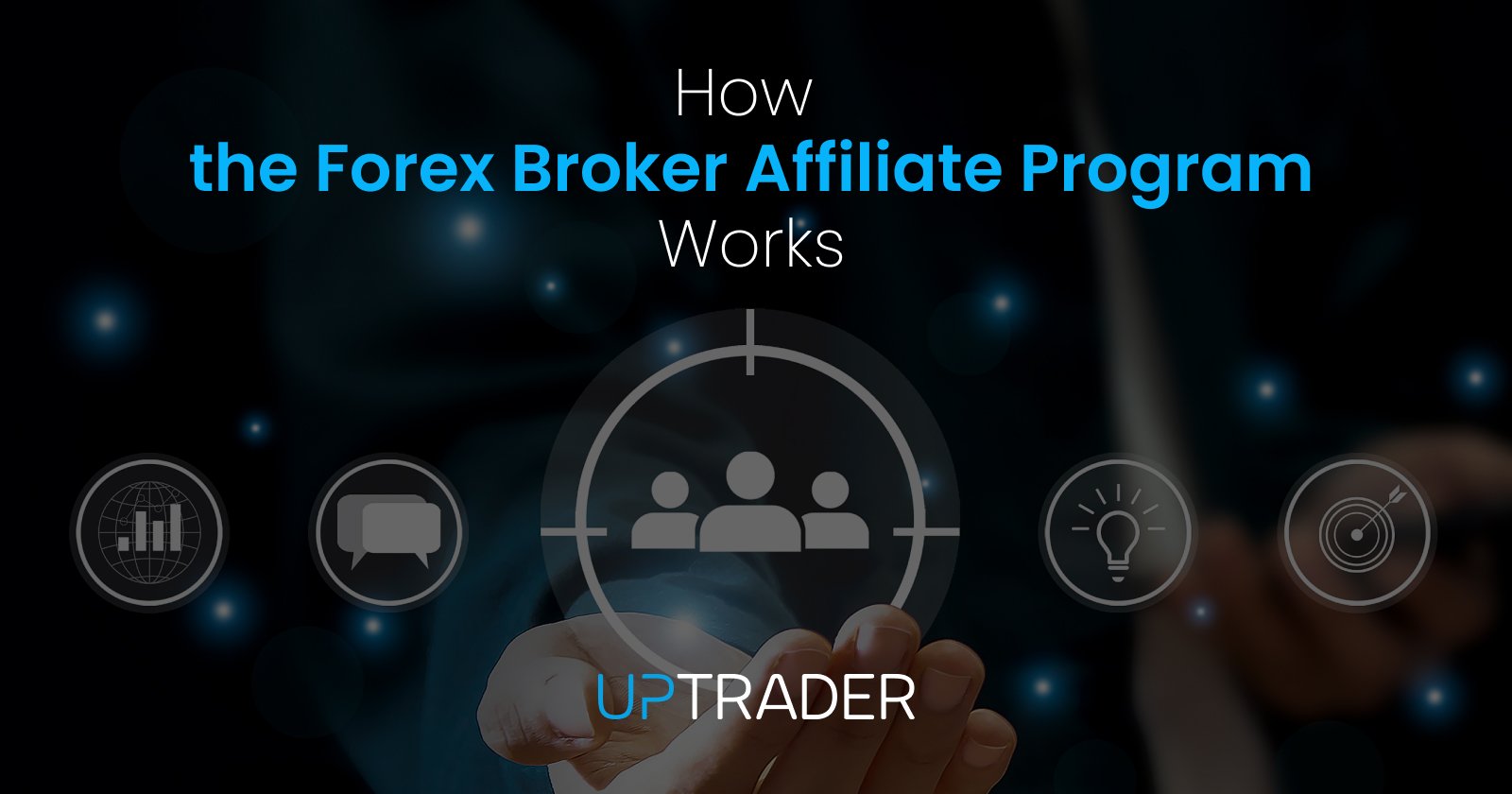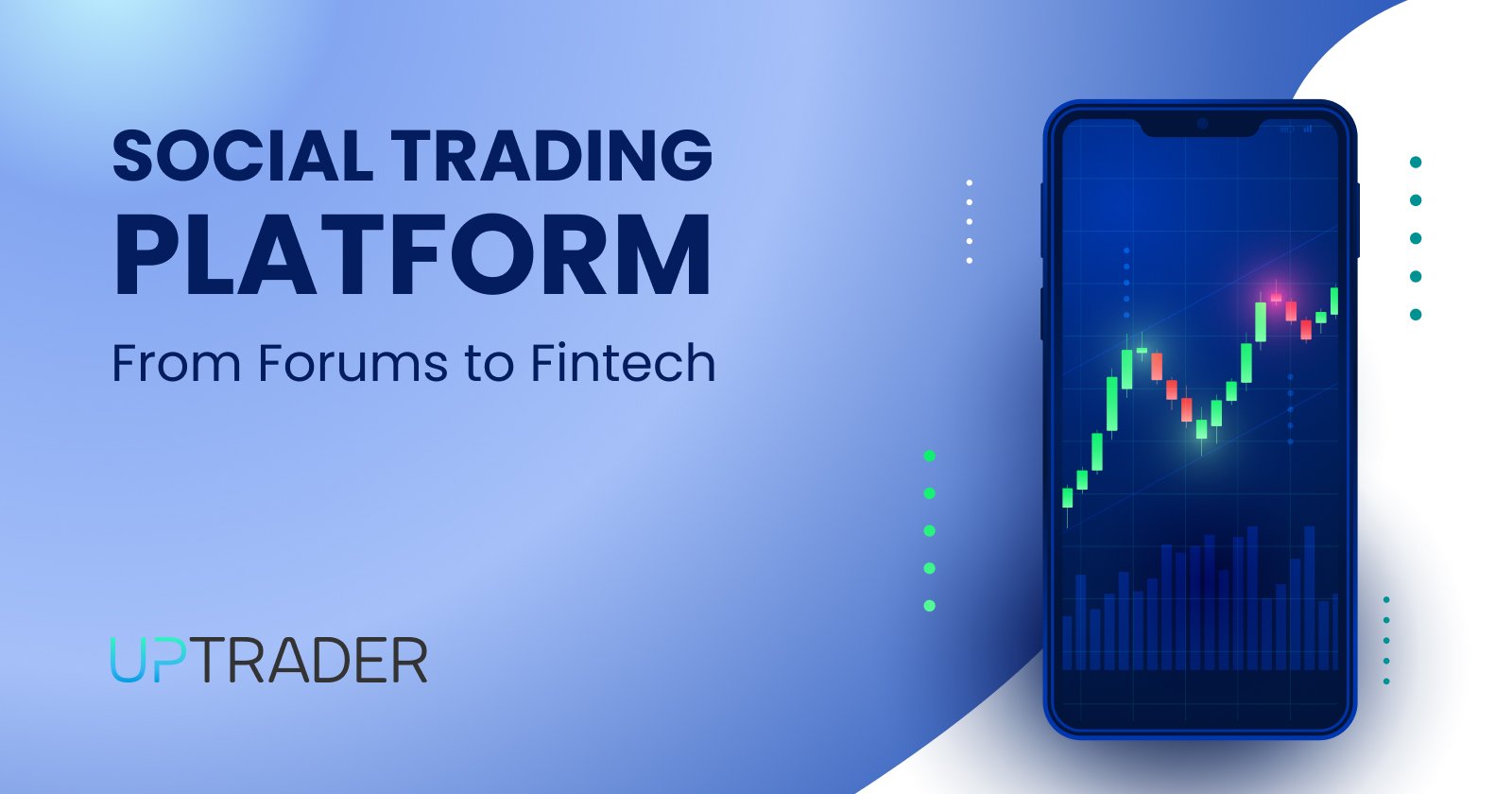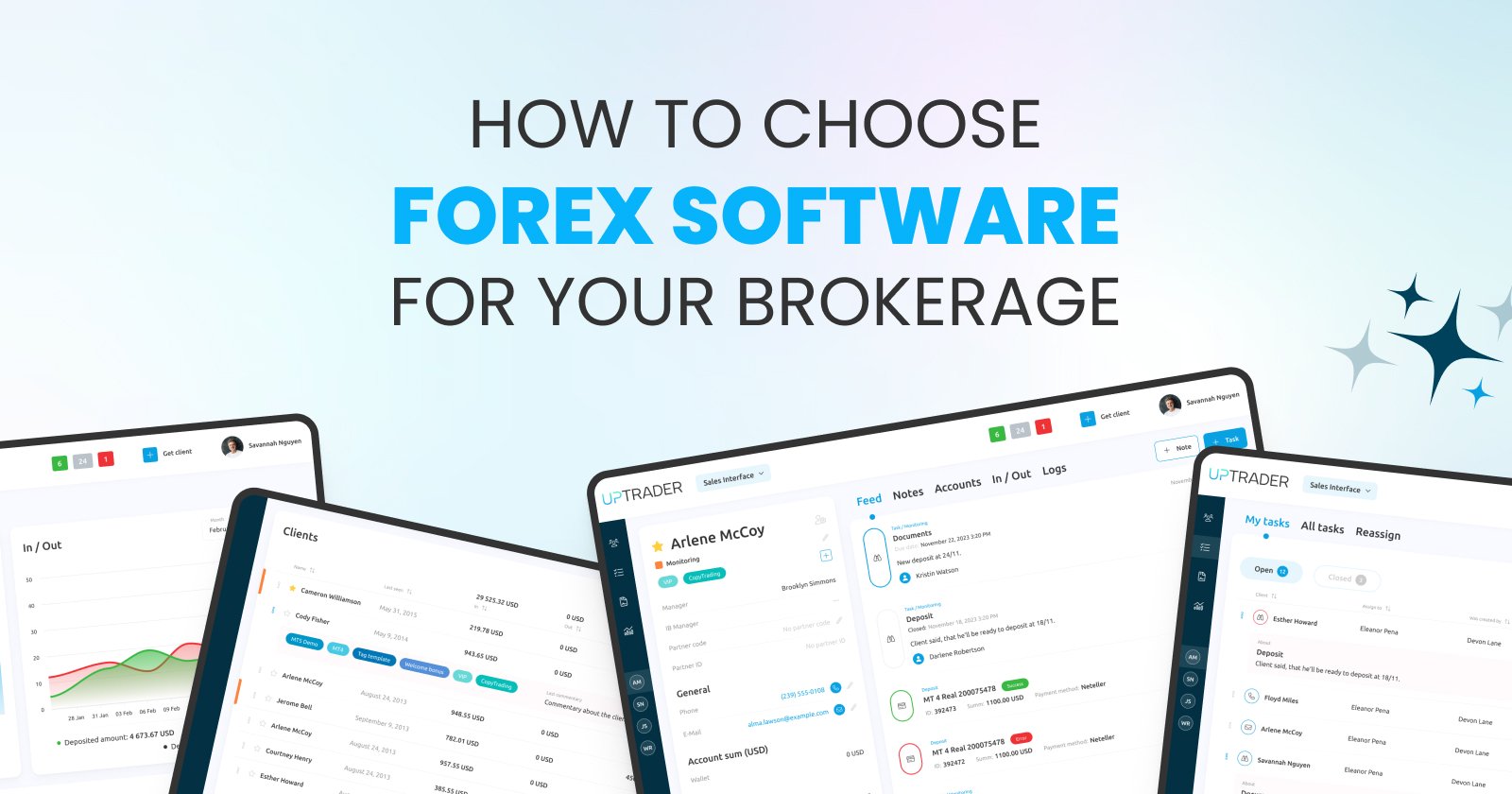How the Forex Broker Affiliate Program Works

Share this publication:
In today's online world, countless money-making paths exist, yet affiliate marketing still ranks as one of the steadiest-except when you steer your efforts toward finance. Within that broad financial arena, Forex trading shines the brightest, attracting promoters with its worldwide audience and enticing profit margin. If you've been curious about how Forex broker affiliate programs work, this no-frills guide will walk you through the process, step by step.
Whether you write a blog, run a finance-themed social feed, or simply talk trading in your community, knowing the broker-affiliate game could turn your traffic into a reliable paycheck.
What Is a Forex Broker Affiliate Program?
At the heart of the setup is a straightforward partnership: you, the affiliate, team up with a Forex brokerage eager to grow its client base. Your role is to steer new traders to the broker's platform, using links, reviews, or social posts. When your referrals deposit funds and start executing trades, you earn a commission based on their activity-often a slice of the spread or a share of their fees.
Think of it like telling a friend about a gym you love; every time they lift weights, the gym pays you, that lift is a Forex trade.
Who Can Join These Programs?
You might assume that you need to be a financial guru or trading expert to join one of these programs, but that’s not true. Many brokers welcome:
- Bloggers and website owners
- YouTubers and podcasters
- Social media influencers
- Email marketers
- Forum participants and community admins
- Even offline agents in areas with less internet penetration
The key is having access to an audience that could be interested in Forex trading. The bigger and more targeted your audience, the more you stand to earn.
How It Works: Step-by-Step
Let’s break it down into an easy-to-follow process:
Step 1: Sign Up with a Forex Broker
Begin by picking a Forex broker you trust that runs an affiliate program. Most sites have a clear, quick sign-up page just for future partners. Once you join, you'll see an affiliate dashboard that tracks clicks, trades, and earnings in real time.
Keep these points in mind when choosing a broker:
- Regulation and trustworthiness
- Reliable payment systems
- Good customer support
- A user-friendly trading platform
- Commission rates that match industry standards
Step 2: Get Your Unique Affiliate Link
Right after approval, the broker delivers a personalized tracking link or promo code. That URL is what you'll pass along to friends, readers, or viewers. Anyone who taps the link and opens an account is attached to your reference.
Cookies mark the record-usually for thirty to ninety days-so if a visitor registers within that window, the commission is still yours.
Step 3: Promote the Broker
Promote the Broker. Now comes the fun part: spreading the word. You can be as creative as you want:
- Write clear blog reviews or record honest YouTube walk-throughs
- Drop your link in helpful forums, Telegram channels, or Discord servers
- Post updates on Instagram, Twitter, or LinkedIn
- Include the promo in friendly email newsletters
- Host webinars or Q&A sessions
Some affiliates even create entire websites comparing different brokers to help traders choose the right one (and naturally guide them to their referral link).
Step 4: Track and Optimize Your Campaigns
Good affiliate programs offer detailed dashboards where you can track how many people:
- Clicked your link
- Registered on the platform
- Made a deposit
- Started trading
Use this data to figure out what’s working and where you can improve. For example, maybe your YouTube video is outperforming your blog post, or vice versa.
Step 5: Get Paid
Now the good part. Payout structures vary between brokers. The most common models include:
- CPA (Cost Per Acquisition): You get a fixed amount (e.g., $200–$1000) for each client who registers and deposits a certain amount.
- Revenue Share: You earn a percentage (often 10–50%) of the spread or commissions generated by your referred traders.
- Hybrid: A combination of both CPA and revenue share.
Payments are usually made via bank transfer, PayPal, crypto, or even WebMoney, depending on the broker. Most have monthly or bi-weekly payout schedules.
Different Types of Affiliate Partners
The Forex industry has various levels of affiliate involvement. It’s worth knowing the difference:
- Affiliate Marketer: Operates online, shares links, builds landing pages, or runs ads. Usually doesn't deal directly with the client.
- IB (Introducing Broker): Has closer contact with the clients and often offers guidance or localized support. More common in regions like Asia, Africa, and the Middle East.
- Master Affiliate: Manages other affiliates under them and earns a portion of their commissions.
You can scale from being a basic affiliate to an IB or even a master affiliate with time, connections, and success.
What Are the Benefits?
Why should someone consider joining a Forex broker affiliate program? Here are some strong incentives:
Low Startup Cost
All you need is internet access and a platform to share your links. No need to invest in the product — you’re promoting someone else’s service.
Scalable Income
The more you refer, the more you earn. With revenue share models, even one good client can generate recurring income for months or years.
Flexible Work
You can work from anywhere, and there’s no rigid schedule. It’s a side hustle that can turn into a full-time business.
Passive Earnings
Especially with revenue-sharing deals, you earn as long as your referred clients keep trading.
Challenges to Be Aware Of
It’s not all sunshine and instant profits. Here are a few honest drawbacks to consider:
Regulation & Compliance
Rules vary from one country to the next. Because of that, many brokers simply stop taking clients from the U.S., Canada or large parts of Europe, so read the fine print. Also, make sure every piece of marketing you post sits comfortably with the laws in each region you're targeting.
High Competition
Forex is a crowded corner of the web, and that means experienced marketers are already fighting for the same audience. Your offers have to shine with fresh ideas, but they also need the sturdy cloak of honesty so traders feel safe to click.
Churn Rate
New traders often quit within a few weeks, especially after the first loss, and that churn cuts straight into your earnings when you're paid by revenue share.
Tips for Success
If you really want to turn your Forex affiliate links into reliable money, start with the tips below.
- Focus on Education. People forgive a slow sell if they learn something useful first, so write clear beginner guides, break down spreads or host video walk-throughs that show, not just (Buy Now).
- Build Trust. Talk honestly about your commission, link only to brokers you have tested yourself, and be quick to update the community when the terms change.
- Pick the Right Broker. Not every platform treats clients the same; choose one with tight spreads, solid charts, and support that answers before the market closes.
- Test Multiple Strategies. Throw ads at Facebook, build lean landing pages, split-video headlines, and track the clicks, conversions, and bounce rates until something sticks.
- Stay Updated. Regulation, spreads, and even trading hours shift; follow the news, join industry forums, and adjust your advice before your audience finds a more current voice.
Final Thoughts
Joining a Forex broker affiliate program can be a rewarding way to monetize your online presence, especially if you have a financially-minded audience. It’s a business model that rewards consistency, trust, and smart marketing. And while it’s not a “get rich quick” scheme, it's a solid route to building recurring income, especially if you put in the work to understand your audience and provide real value.
As with anything worth doing, the key lies in education, strategy, and persistence. If you approach affiliate marketing as a genuine business, rather than just a side hustle, the rewards can be substantial.
If you are willing to take advantage of incredible features like Affiliate Programs, PAMM, and MAM modules, Copy Trading platforms, CRM solutions, etc, then talk to a consultant on our site, or try UpTrader today.







